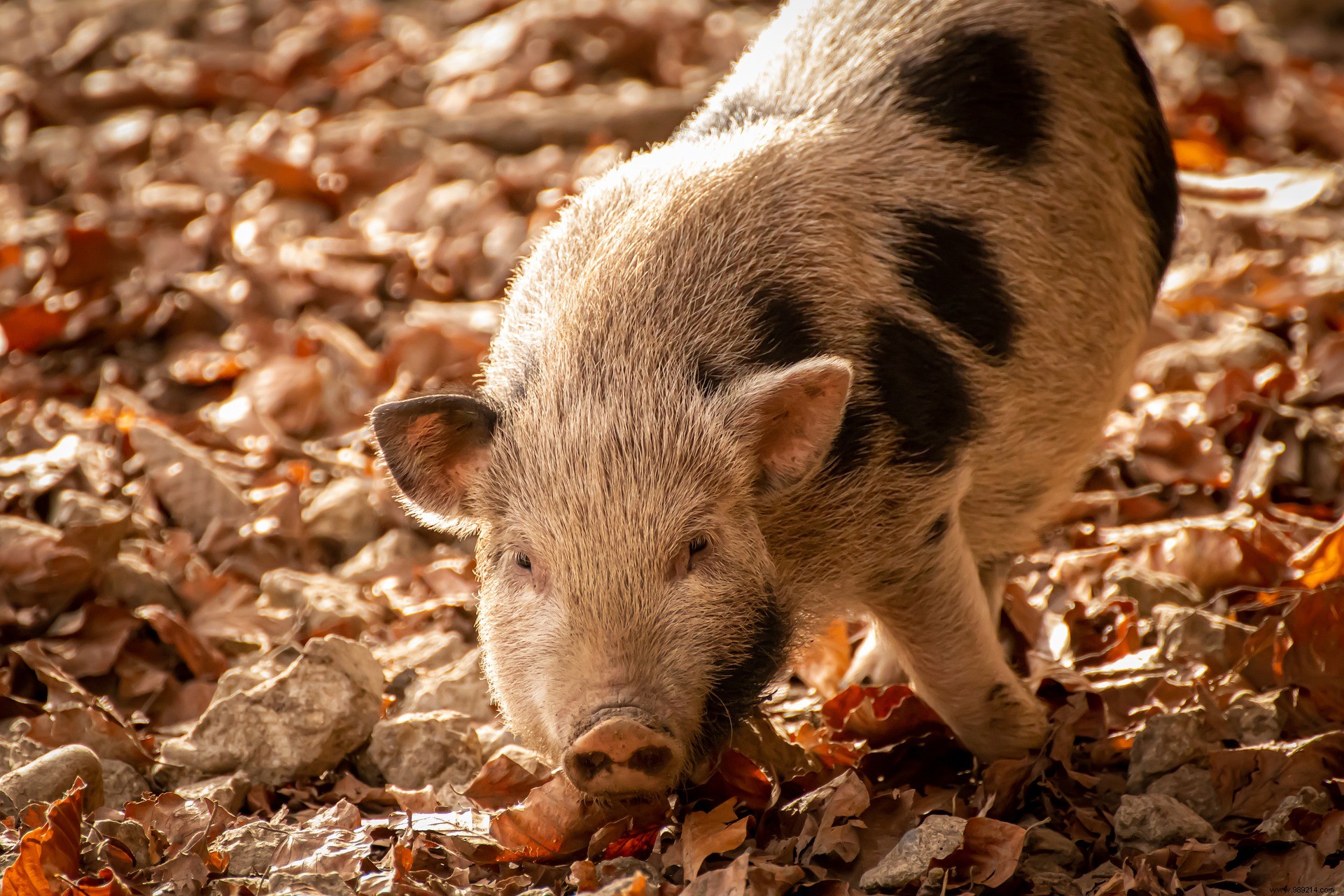A team of Chinese researchers recently produced two pig-monkey hybrids. The cubs unfortunately only lived for a week.
Every year, tens of thousands of patients die of organ failure due to lack of donors. To overcome this lack, some researchers are considering the idea of growing organs inside animal bodies and then transplanting them into humans.
First attempts have been made. In 2010, Hiromitsu Nakauchi, now at Stanford University in California (USA), created mice with rat pancreas. In 2017, a team from the Salk Institute in California injected human cells into pig embryos. But the experience had been a disaster. There was only one human cell for every million pig cells, and the work had to be stopped after a month for ethical reasons.
That is why researchers from the State Laboratory of Stem Cells and Reproductive Biology in Beijing (China) this time used monkey cells , rather than human cells. And they have just announced that they gave birth a few weeks ago to several piglets, some of whose cells belong to crab-eating macaques . Details of their work have been published in the journal Protein &Cell.
For this first "pig-monkey chimera" experiment, researcher Tang Hai and his team genetically modified growing macaque cells. They then isolated approximately 4,000 embryonic stem cells then injected them into the embryos of several sows four days after fertilization. About ten piglets were finally born, of which two were chimeras .
In these two little pigs, several tissues – including the heart, liver, lungs, spleen and skin – were in part made up of monkey cells (between one in 1,000 and one in 10,000).
Unfortunately all the little ones died after a week . In other words, the two chimerical babies and the other eight. The fact that none of these animals survived suggests that it could be related to the in vitro fertilization process. (IVF) rather than the experience itself. Indeed, IVF is a riskier procedure in animals than in humans.

Despite these complicated results (chimerical efficiency still very low and death of all the animals), the researchers aim to continue their experiments.
The next step will be to try to give birth to piglets with one or more organs composed almost entirely of primate cells. If successful, as explained above, the idea would then be to be able to develop human organs in animals for transplantation. But before we get there, there is still a lot, a lot of work to do.
Source
Related articles: